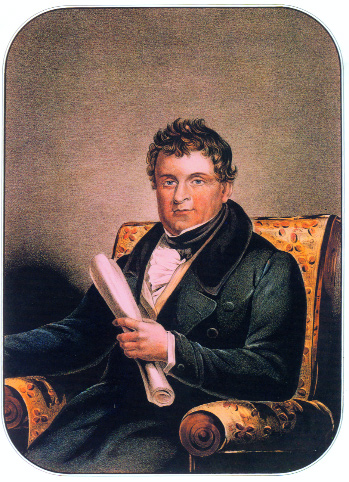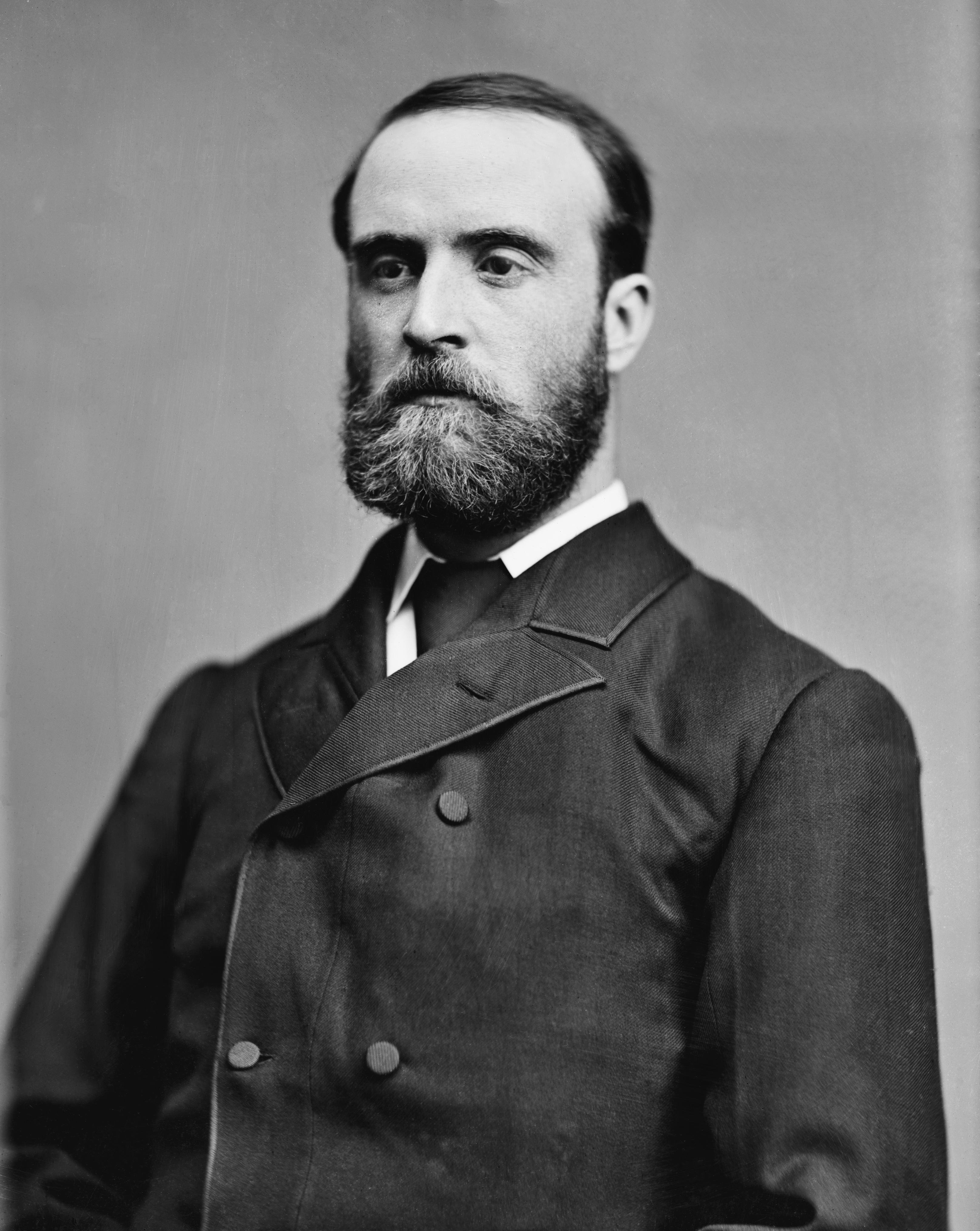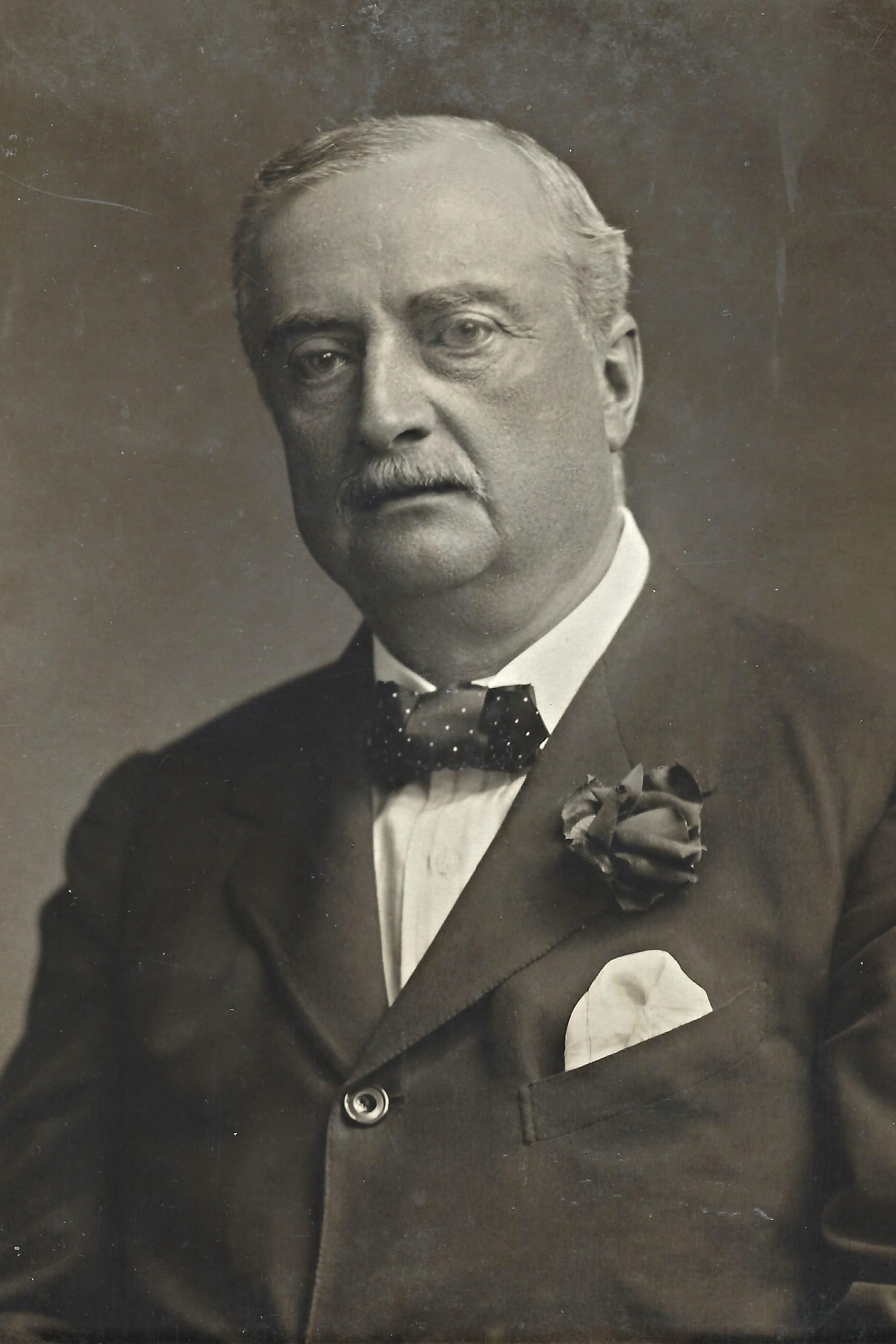Photo AI
Last Updated Sep 26, 2025
Parliamentary Tradition Simplified Revision Notes for Junior Cycle History
Revision notes with simplified explanations to understand Parliamentary Tradition quickly and effectively.
342+ students studying
Parliamentary Tradition
Parliamentary Tradition in Ireland
- Parliamentary tradition refers to achieving political change through peaceful political means.
- In Ireland, Catholic emancipation and the Home Rule movement followed this tradition, unlike the 1798 Rebellion and the 1916 Easter Rising, which belonged to the physical force tradition.
Ireland After the Act of Union (1801)
- The Act of Union (1801) ended the Irish parliament in Dublin, establishing Dublin Castle as the base for the government of Ireland, led by the Chief Secretary, a British politician, and the Lord Lieutenant, who represented the British Crown in Ireland.
- The Catholic Question became a significant issue. The British government had promised to abolish the remaining Penal Laws and grant full Catholic emancipation (allowing Catholics to sit in parliament) after the Act of Union.
- A wealthy, well-educated Catholic middle class emerged, including large farmers, professionals, and merchants, who campaigned for change.
Leaders of Parliamentary Tradition
- Daniel O'Connell (1775 – 1847)
- Charles Stuart Parnell (1846-1891)
- John Redmond (1856-1918)
1. Daniel O'Connell (1775 – 1847)
-
Daniel O'Connell (1775-1847), known as "The Liberator," was a significant Irish political leader who fought for Catholic emancipation and Irish rights.
-
O'Connell was a talented lawyer and powerful orator, which helped him rally support for his causes among the Irish population.
-
His primary goal was to achieve Catholic Emancipation, which would allow Catholics to become members of the British Parliament and hold other public offices.
- In 1823, O'Connell founded the Catholic Association, which aimed to mobilise mass support for emancipation through peaceful and legal means.
- O'Connell's leadership and the widespread popularity of the Catholic Association led to the passing of the Catholic Relief Act in 1829, which granted Catholics the right to sit in Parliament.
- He became the first Catholic MP in over a century when he was elected for County Clare in 1828, demonstrating the success of his emancipation efforts.
- After achieving Catholic Emancipation, O'Connell focused on repealing the Act of Union of 1801, which had merged Ireland with Great Britain, to restore an Irish parliament in Dublin.

-
He established the Repeal Association in 1840, using mass rallies known as "monster meetings" to gather support for his cause and exert pressure on the British government.
-
O'Connell's approach was rooted in non-violence and constitutional methods, emphasising the power of peaceful protest and democratic principles.
-
Despite not achieving the repeal of the Act of Union in his lifetime, Daniel O'Connell's efforts significantly advanced the cause of Irish nationalism and inspired future generations of Irish leaders. He is celebrated for his commitment to civil rights, justice, and parliamentary tradition.
2. Charles Stuart Parnell (1846-1891)
-
Charles Stuart Parnell (1846-1891) was a prominent Irish nationalist leader who played a significant role in the fight for Irish Home Rule in the late 19th century.
-
Parnell was elected to the British Parliament in 1875, representing Meath, and later became the leader of the Irish Parliamentary Party.
-
He was known for his powerful oratory skills and his ability to unite different factions within the Irish nationalist movement.
-
Parnell's main goal was to achieve Home Rule for Ireland, which would grant Ireland its own parliament and greater autonomy from British rule.
- He used a strategy called parliamentary obstructionism, where he and his party members would deliberately delay proceedings in the British Parliament to draw attention to Irish issues.
- Parnell played a key role in the Land War, a campaign for fairer rents and better rights for Irish tenant farmers. He supported the Land League, which fought against the harsh conditions imposed by landlords.
- His efforts led to significant reforms, including the Land Act of 1881, which provided protections for tenant farmers and allowed them to purchase land from landlords.

-
Parnell formed a strategic alliance with the British Prime Minister William Ewart Gladstone, who introduced the first Home Rule Bill in 1886. Although it was defeated, it marked a crucial step in the campaign for Irish self-governance.
-
Despite his political successes, Parnell's career was marred by scandal when his relationship with Katharine O'Shea, the wife of a fellow MP, became public. This led to his downfall and a split in the Irish Parliamentary Party.
-
Parnell's legacy is remembered for his dedication to Irish nationalism and his influence on the parliamentary tradition. He is often called the "Uncrowned King of Ireland" for his leadership and contributions to the cause of Irish independence.
3. John Redmond (1856-1918)
-
John Redmond (1856-1918) was a prominent Irish nationalist politician and leader of the Irish Parliamentary Party who fought for Home Rule for Ireland.
-
Redmond was elected to the British Parliament in 1881, representing New Ross, and later served as the MP for Waterford City.
-
He was known for his persuasive speaking and ability to negotiate, which helped him gain support for the Irish nationalist cause.
-
Redmond's primary goal was to achieve Home Rule for Ireland, which meant having its own parliament and self-governance while remaining part of the United Kingdom.
- In 1900, Redmond became the leader of the United Irish League, which sought to unite various factions of the Irish nationalist movement.
- He played a crucial role in the passage of the Third Home Rule Bill in 1912, which promised to grant Ireland self-government. This bill was passed by the British Parliament but was delayed by the outbreak of World War I.
- During World War I, Redmond supported the British war effort and encouraged Irish men to join the British Army, believing it would strengthen Ireland's case for Home Rule after the war.
- Redmond's support for the war effort was controversial and led to divisions within the Irish nationalist movement, particularly with the more radical factions like the Irish Volunteers.

-
The Easter Rising of 1916, a rebellion against British rule, further complicated Redmond's position. Although he did not support the rebellion, it shifted public opinion towards more radical approaches to achieving independence.
-
John Redmond's efforts laid the groundwork for future Irish self-governance. Although he did not live to see it, his work contributed to the eventual establishment of the Irish Free State in 1922. He is remembered for his dedication to constitutional methods and parliamentary tradition in the fight for Irish independence.
Key Terms
- Parliamentary tradition: Parliamentary Tradition refers to the practice and customs of governing through a parliamentary system, where elected representatives debate and make laws.
- Chief Secretary: a senior British government official in Ireland, responsible for administering the government's policies and often acting as the de facto head of the Irish administration.
- Lord Lieutenant: Lord Lieutenant was the British monarch's representative in Ireland, serving as the highest official in the Irish government before independence.
- The Catholic Question: the debate over whether Catholics in Ireland and Britain should be granted civil rights, including the right to sit in Parliament.
- Catholic Emancipation: the process of removing restrictions and granting civil rights to Catholics in the United Kingdom, culminating in the Emancipation Act of 1829.
- Daniel O'Connell: an Irish political leader who campaigned for Catholic Emancipation and founded the Catholic Association to achieve equal rights for Catholics.
- Catholic Association**:** an organisation founded by Daniel O'Connell in 1823 to mobilise Irish Catholics in support of emancipation and other social reforms.
- Emancipation Act: a law passed by the British Parliament that granted Catholics the right to sit in Parliament and hold other public offices, effectively ending most of the Penal Laws.
- Monster Meetings: large public gatherings organised by Daniel O'Connell in the 1840s to peacefully campaign for the repeal of the Union and further Catholic rights.
Revision Questions
- What is parliamentary tradition?
- True or False: The Act of Union (1801) established Dublin Castle as the base for the Irish government.
- Who was the Chief Secretary?
- Fill in the blank: The British government promised to abolish the remaining _______ after the Act of Union.
- What did Daniel O'Connell found in 1823?
- True or False: The Emancipation Act allowed Catholics to sit in parliament.
- What was the Catholic Rent?
- Fill in the blank: O'Connell was known as 'the _______.'
- What was the purpose of the Repeal Association?
- True or False: Daniel O'Connell was influenced by the Reign of Terror during the French Revolution.
500K+ Students Use These Powerful Tools to Master Parliamentary Tradition For their Junior Cycle Exams.
Enhance your understanding with flashcards, quizzes, and exams—designed to help you grasp key concepts, reinforce learning, and master any topic with confidence!
40 flashcards
Flashcards on Parliamentary Tradition
Revise key concepts with interactive flashcards.
Try History Flashcards4 quizzes
Quizzes on Parliamentary Tradition
Test your knowledge with fun and engaging quizzes.
Try History Quizzes29 questions
Exam questions on Parliamentary Tradition
Boost your confidence with real exam questions.
Try History Questions27 exams created
Exam Builder on Parliamentary Tradition
Create custom exams across topics for better practice!
Try History exam builder18 papers
Past Papers on Parliamentary Tradition
Practice past papers to reinforce exam experience.
Try History Past PapersOther Revision Notes related to Parliamentary Tradition you should explore
Discover More Revision Notes Related to Parliamentary Tradition to Deepen Your Understanding and Improve Your Mastery
Load more notes